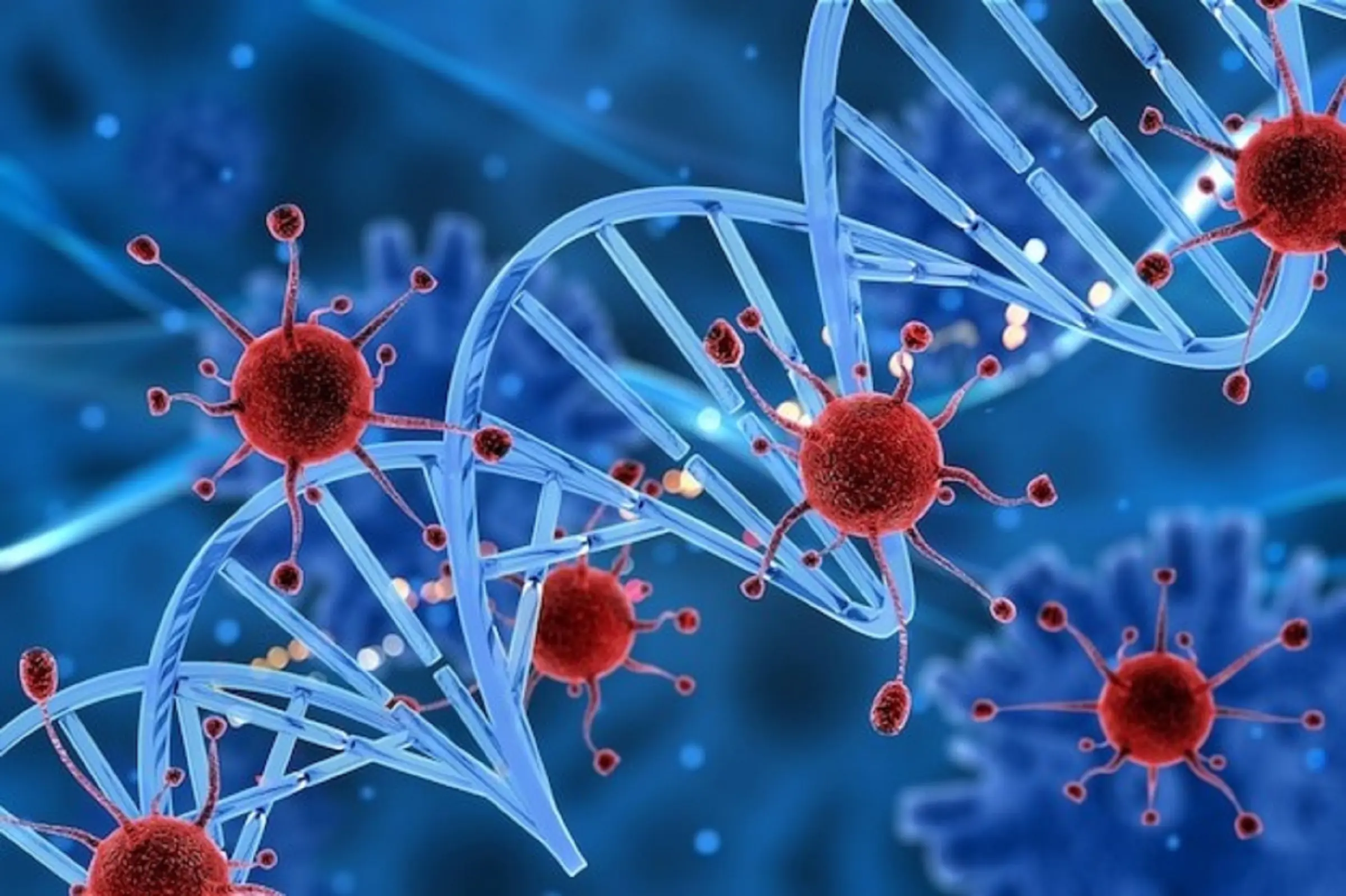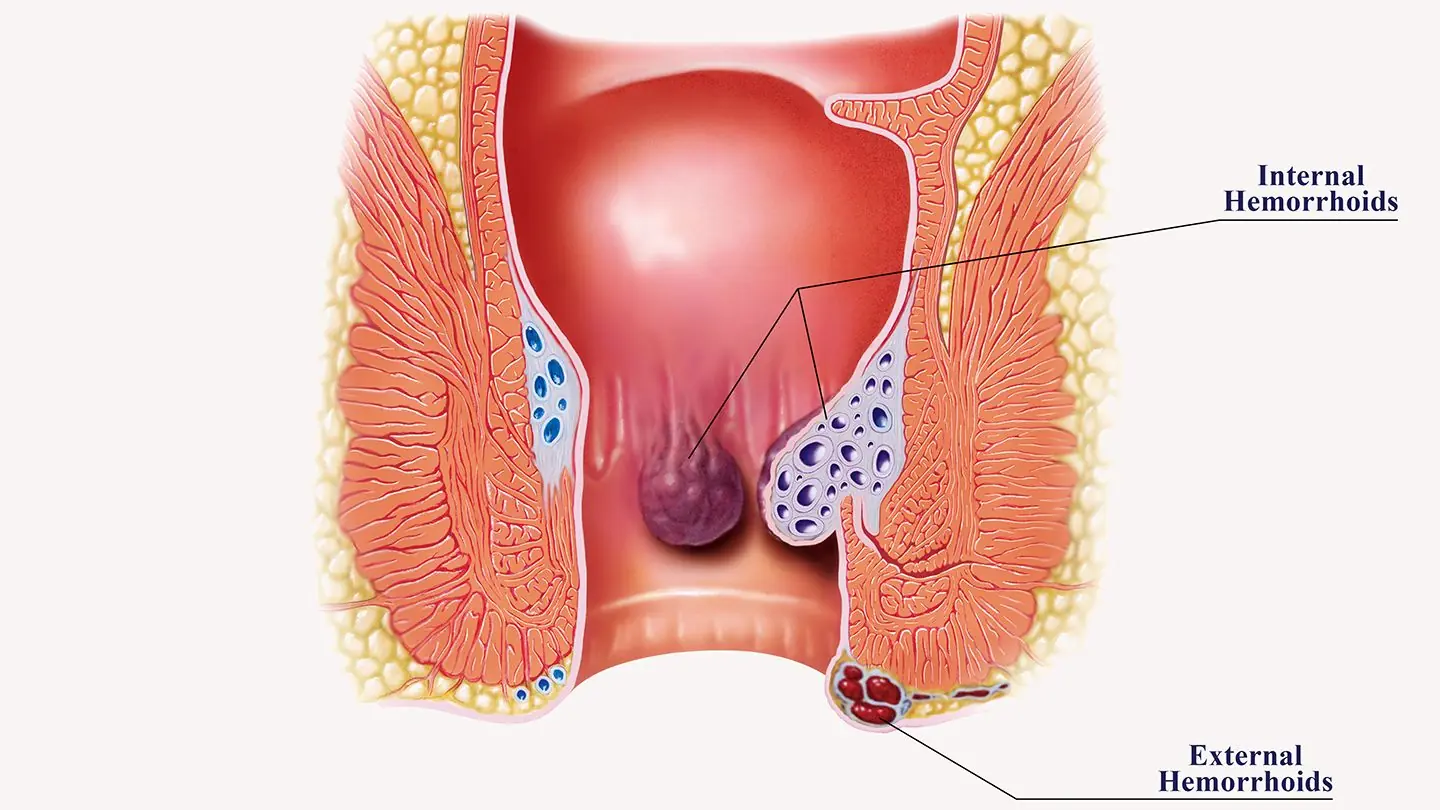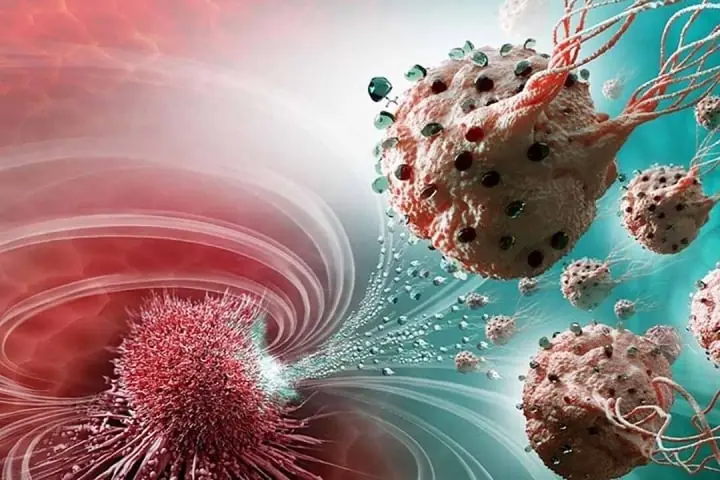
Experts Are Shedding Light on the ‘Death Rattle’ Phenomenon Before Passing
When someone is nearing the end of life, their body undergoes many changes, some of which may occur months before their passing. However, in the final 24 hours, loved ones may witness a common and often unsettling phenomenon—a noise known as the ‘death rattle.’
What is the ‘Death Rattle’?
According to Medical News Today, the ‘death rattle’ is caused by changes in breathing patterns and the buildup of secretions in the throat. Hospice Nurse Julie, an expert in end-of-life care, describes the sound:
“This is just a collection of a small bit of saliva in the back of the throat that just sounds really bad.”

Julie adds that fever is also common during this stage:
“We lose the ability to control the core temperature, so our temperature will fluctuate at the end of life. Again, it’s all very normal and part of the death and dying process if you are dying naturally at home.”
What Does the ‘Death Rattle’ Sound Like?
The ‘death rattle’ occurs when a person’s ability to swallow diminishes, allowing secretions to build up in the respiratory tract. The sound is often described as a “crackling, wet noise” that grows louder with each breath.
Some describe it as a faint groaning or snoring sound, while others liken it to a louder gurgling noise. Despite its alarming nature, it’s important to note that the individual is not experiencing pain or discomfort during this process.

Research shows that the average lifespan after the onset of the death rattle is around twenty-five hours. However, the process tends to last longer for those receiving hospice care compared to hospital patients.
What Can You Do to Ease the ‘Death Rattle Noise’?
While the ‘death rattle’ is a natural part of the dying process, there are ways to reduce its intensity to comfort those nearby:
- Turn the person onto their side to allow secretions to drain.
- Raise their head slightly to promote drainage.
- Moisten their mouth with damp swabs to keep it hydrated.
- Use suction to remove secretions when appropriate.
- Limit fluid intake to prevent excessive secretions.
- Administer medications designed to clear secretions, as prescribed by medical professionals.
It’s important to understand that while these measures can help reduce the noise, they likely won’t eliminate it entirely. Medical professionals can provide explanations and support to help loved ones cope with the situation.
A Natural Process
The ‘death rattle’ may sound distressing to family and friends, but it’s a natural stage of the dying process. Loved ones should take solace in knowing that the individual is not in pain or distress.
Understanding the phenomenon and its implications can help bring comfort and clarity during this difficult time. By being present and informed, families can focus on providing love and support as their loved one transitions peacefully.
News in the same category


Gulf Stream On The Brink Of Collapse — Scientists Warn Of Global Catastrophe

French Farmer Discovers $4 Billion Gold Deposit, But Legal Hurdles Prevent Him From Profiting

Inside The Global Seed Vault: Earth’s ‘Safest Place’ Only Opens Six Times A Year

Chilling Final Words Of Air India Pilot Moments Before Tragic Crash That Killed 265 Uncovered

Scientists Explore Shocking Idea That Plants And Atoms Could Be Aware

Man Sentenced After Stowing Away On 120 Flights By Masquerading As Flight Attendant

Archaeologists Claim Discovery Of Second ‘Hidden City’ Beneath Giza Pyramids—Sparks Historic Rewrite

Woman Spends Over A Decade Saving For A Nose Job—But Better Sit Down Before Seeing Her After

If You See A Woman Wearing A Wedding Ring On Her Pinky Finger Here’s What It Means

Experts Break Down How Far You’d Need To Be To Survive A Nuclear Blast

Experts Warn 1,000ft Mega Tsunami Could Slam Into Us Coast — Is Your Hometown In Danger?

Man Who Predicted Covid Outbreak Reveals Chilling Warning About New Emerging Crisis

10 Cities That Could Be Underwater by 2050. Here’s The Full List

Never keep these 4 relics after losing a loved one

Flight attendant explains the unexpected reason cabin crew keep their hands under their thighs during takeoff and landing

Dad With 240 Tattoos Faces Backlash As People Think He Is A Horrible Father – Then His Wife Reveals The Truth

Woman Escapes Tragedy By Minutes After Missing Deadly Air India Flight — Her Chilling Story
News Post

Avocado After 50: Here’s What Happens After 7 Days of Use

5 Countries Tighten Immigration Rules, Making It Tougher For Americans To Move Abroad

Gulf Stream On The Brink Of Collapse — Scientists Warn Of Global Catastrophe

Astonishing Cancer-Fighting Power of One Juice — Even Doctors Are Surprised

5 Types of Cancer with Over 90% Cure Rate: Early Signs Everyone Should Pay Attention To

Doctor's Advice: Whether You're Rich or Poor, Never Eat These 3 Foods for Breakfast – They Can Lead to Aggressive Cancer

Lemon and Charcoal: A Natural Skin Care Secret to Save Money and Glow

Golden Energy: How Turmeric, Black Pepper, and Almond Milk Support a Healthier You

French Farmer Discovers $4 Billion Gold Deposit, But Legal Hurdles Prevent Him From Profiting

Inside The Global Seed Vault: Earth’s ‘Safest Place’ Only Opens Six Times A Year

Chilling Final Words Of Air India Pilot Moments Before Tragic Crash That Killed 265 Uncovered

Scientists Use CRISPR to Eliminate HIV from Human Immune Cells

Eat These 9 Fruits Daily to Brighten Your Vision & Prevent Cataracts Naturally (Science-Backed)

Hemorrhoids: Fast, Effective, Science-Backed Ways to Find Relief

The Plant That Closes Its Leaves When You Touch It – And May Support Your Health Naturally

Ovarian Cancer: 8 Early Signs You Need to Know

It’s Not Just Tooth Decay: 2 Common Signs in Your Mouth That Are SOS Signals From Your Body — Don’t Ignore Them

3 Early Signs of Lung Cancer You Shouldn’t Ignore — It Could Become Life-Threatening

Is Cancer Hereditary? Useful Tips to Prevent Cancer from Developing
